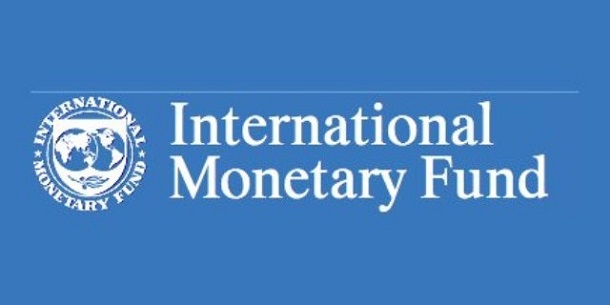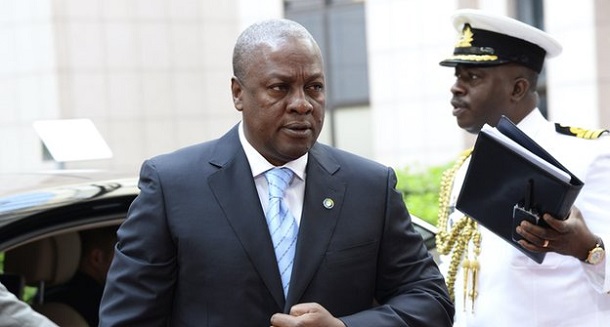
The Ghana currency-the cedi has fallen 40% against the US dollar this year, making it the worst-performing currency in Africa. Inflation has shot up from a single digit last year to almost 15% this year, bringing a sharp rise in goods and services in the country.
Pressure has been mounting on the John Mahama-led government in recent months with a series of demonstration both home and abroad over unprecedented high cost of living. Last month, the Ghana Trade Union Congress (TUC) took to the street to protest what it described as a crisis economy, threatening the government with weekly protests.
The government is currently struggling with large current account and budget deficits though it maintained that the fundamental of the economy is in good standing.
Ghana first sought IMF help in the 1980s when the country was under military rule and analysts say the implementation of the IMF’s structural adjustment programme then saw subsidies wiped, public sector jobs cut and low wages for worker which many believe has culminated into the current economic situation.
Public perception about the bailout plan from the International Monetary Fund is negative as most people especially, the opposition believe Ghana is in for more trouble.
Opposition Spokesperson on Finance at Ghana’s National Assembly (Parliament), Dr Anthony Akoto Osei told local media in the capital, Accra that people should brace up for harsher economic times following the government turning for an IMF bailout.
“We are in for tough times, in the short term there will be difficulty. Utility prices will go up as a result, and the government will be asked to cut down expenditure by the IMF”, Mr. Osei told Joy News.
But the Managing Director of the IMF, Christine Lagarde has downplayed assertions that a bailout programme from IMF could see Ghana go through another phase of hardship.
“There is always in partnership a bit of hardship to go with it. If the Fund is called upon to help, it is that the country feels that it cannot decide certain things on its own. It needs backup support, financing to make sure that it has access to enough funding to finance itself”.
She added that it is in the interest of IMF to see Ghana restoring its fiscal discipline and macroeconomic stability and insisted that the IMF has changed its policy, moving away from the structural adjustment programme.
“Structural adjustments-that was before my time. I have no idea what it is. We do not do that anymore. No, seriously, you have to realize that we have changed the way in which we offer our financial support. It is really on the basis of a partnership”.
Meanwhile, President Mahama who is currently at the US-African Leaders Summit in Washington DC told Matthew Bishop of The Economist in an interview that the Ghana government sought a bailout from the IMF not because the government has failed to implement its home-grown solutions. The Ghana government recently introduced some measures known as “home grown solutions” to stabilize the economy but that has not been successful.
He explained that the decision was taken by the government because there was the need for policy credibility and confidence from the international financial institutions to restore economic stability and growth.
“As much as we have tried to draw attention to Ghana’s potential, there is too much fixation with the short-term narrative; yes, there has been a deficit and inflation has gone up but we have put in measures to turn that around, we are going to discuss with the IMF how we can turn the deficit around quickly and create the kind of confidence even in the short-term narrative”.
“We are taking subsidies off fuel and the utilities, streamlining the spiraling public sector wages, we are working to improve revenue collection and efficiency in collecting taxes and also reforming the public financial management system”, President Mahama added.
Issaka Adams / NationalTurk Africa News
[adrotate group=”15″]


